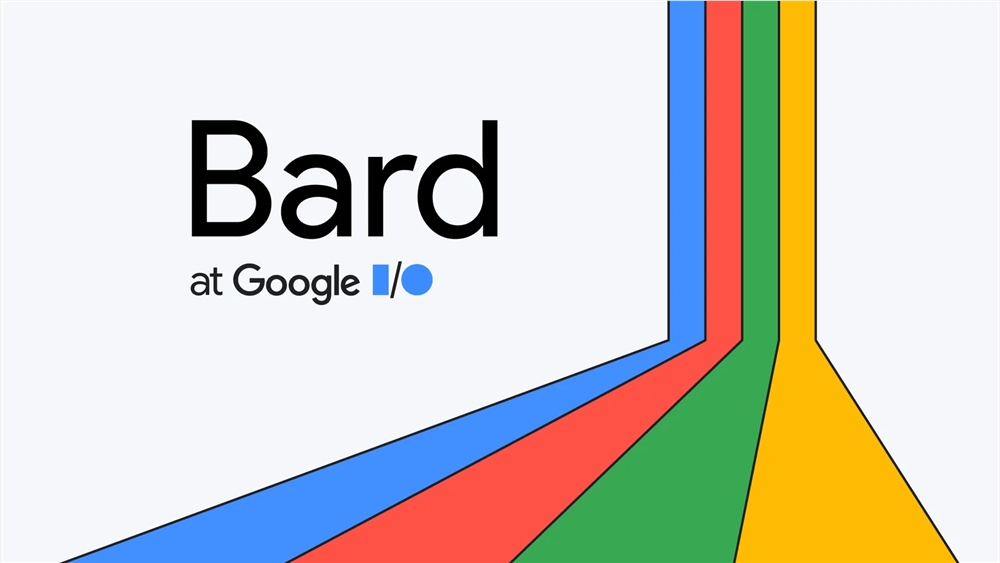GoogleThe Company announced the termination of its relationship with Australian DataAppencontracts, the latter having supplied Google products such as Bard, SearchLarge Language ModelsAI training. The decision is part of Google's ongoing efforts to evaluate and align its many vendor partnerships under the Alphabet umbrella to ensure that its vendor operations aremaximumEfficiency. In response, Appen said they had no prior knowledge of the decision, which was unilaterally terminated by Google, according to The Verge.

At companies like Appen, manual workers are typically responsible for training the more unpopular parts of AI, and they tend to be low-paid and often overlooked supporters of the industry as a whole. At Appen, contractors are responsible for evaluating the quality of data and answers from AI models. Last year, Fast Company reported that some Appen employees who were part of the Alphabet Workers Union had petitioned Appen to raise their hourly wage from $10 to $15. While the union fought for a modest raise, the final number failed to meet their goal, resulting in many employees being laid off and Appen citing the state of the business.
Appen has also provided training for AI models from Microsoft, Meta and Amazon, among others, according to CNBC.Appen said in an ASX filing that the partnership with Google has had a significant impact on its revenue, with Appen's revenues from Google amounting to $82.8 million in fiscal year 2023 alone, compared to the company's total revenue of $273 million last year.
Google spokeswoman Courtenay Mencini added that Google was working closely with Appen to ensure the transition was "as smooth as possible". Employees of Accenture, another contractor that works with Google, voted overwhelmingly to join the Alphabet Workers Union last November after refusing to handle "obscene, explicit and offensive prompts" for the then-unreleased Bard chatbot.
It's not just a problem facing Google. Content managers working for data labeling company Sama in Kenya are suing the company and its client Meta, alleging that they are paying people $2.20 an hour to view disturbing images and videos. The incident highlights concerns within the AI industry about the pay and working conditions of human workers, as well as the ethical and social issues associated with them.